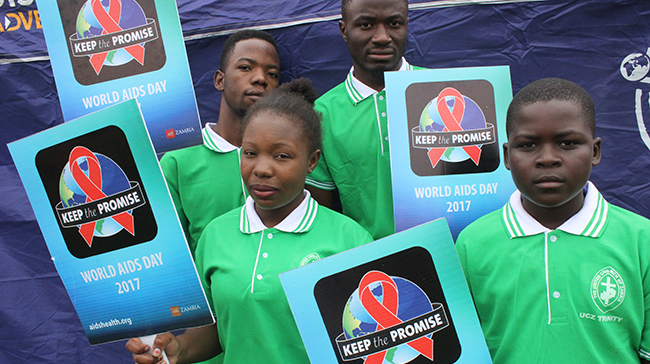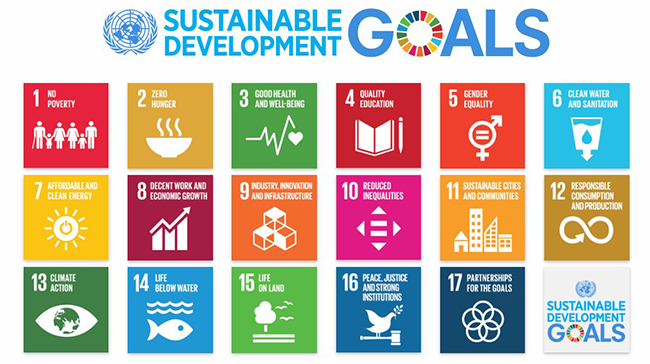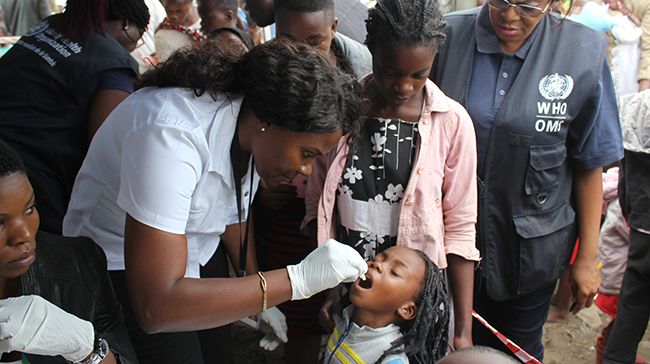Action Toolkit
This Health Action Toolkit offers guidance for working with others to promote health and wellbeing in the African Region. It provides technical support for working together—across multiple sectors—to change conditions to assure equal opportunities for health and development. The Toolkit provides questions to encourage dialogue, recommended actions, examples for different issues, and links to tools to support learning and action in your country and community.
Click on any of the circles below for supports in implementing each aspect of a five-element action cycle to promoting health and wellbeing: Engage, Assess, Plan, Act, and Evaluate.
African Region Action Cycle
Orientation
Addressing Determinants of Health and Health Equity to Achieve Sustainable Development through Intersectoral Action
We value health equity: people and groups working together to create equal opportunities for health and development for all people. This requires collaborative action and coordination across multiple sectors—including …
Taking Action on Sustainable Development Goals (SDGS)
Locally, people work together to address health and development goals—e.g., health access, clean water, education—that are important in their context. This work also occurs nationally, regionally, and locally. Globally, in …
Resources for Addressing Health and Development Issues in Your Community
Below are resource links to support your efforts to address particular health and development issues that may be of importance in your country or community: Atlas of African Health Statistics …


